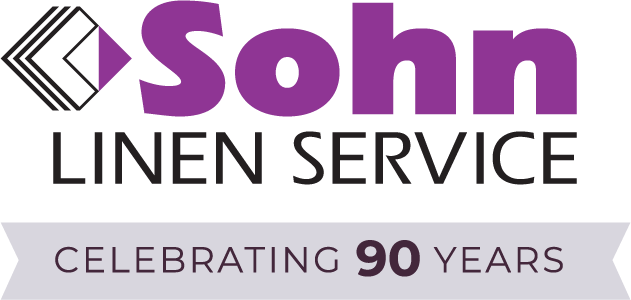Cloth Versus Paper Napkins
June 16, 2016
n
Environmental Factors
n
-
- n
- Paper products accounted for over 28% of all trash sent to the landfills–textiles was less than 1%.
n
-
- The US uses over 160 billion paper napkins annually!n
-
- n
- This adds up to 4 billion pounds of paper waste
n
n
-
- The US uses over 160 billion paper napkins annually!n
n
-
- The EPA recommends that restaurants utilize “reusable utensils, dinnerware, napkins and placemats” as a key tactic for Source Reduction.n
-
- n
- Signature napkins can be used 70+ times!
n
n
-
- The EPA recommends that restaurants utilize “reusable utensils, dinnerware, napkins and placemats” as a key tactic for Source Reduction.n
n
-
- Most laundries were “green” before it was cool!
n
-
- Laundries participating in TRSA’s ESP program haven
-
- n
- decreased water usage by 39%
n
-
- decreased energy usage by 29%
n
-
- decreased their carbon footprint by 29%
n
n
-
- Laundries participating in TRSA’s ESP program haven
n
n
Aesthetic Factors of Cloth Napkins
n
-
- n
- 78% of surveyed diners preferred cloth napkins compared to 5% preferring paper and 17% with no preference.
n
-
- 93% of surveyed diners noticed if the napkins were cloth or paper.
n
-
- The image-enhancing benefits of cloth to the restaurant:n
-
- n
- Cloth does not come apart in their customers’ hands
n
-
- Cloth does not stick to the customers’ fingers
n
-
- Cloth provides better protection to the customers’ clothing
n
-
- One napkin is usually enough
n
n
-
- The image-enhancing benefits of cloth to the restaurant:n
n
n
The “Yuck” Factor
n
-
- n
- Bacteria is present and in some cases in excessive amounts on bare tables.
n
-
- In comparison, table cloths provide up to a 24x cleaner surface than bare tables!
n
n
nnnnnnn
 nCloth-Covered Table nCloth-Covered Table |
 nBare Table nBare Table |
n(Sources: EPA, NRA, TRSA, Cafe Napkin Study Dando/1994.)

